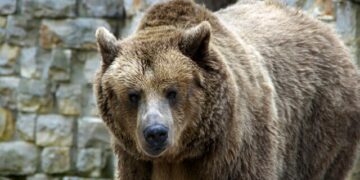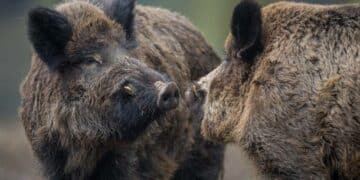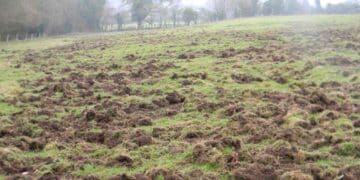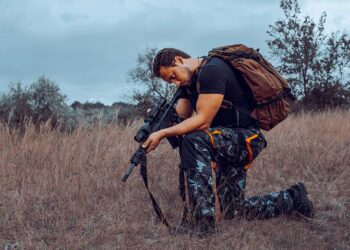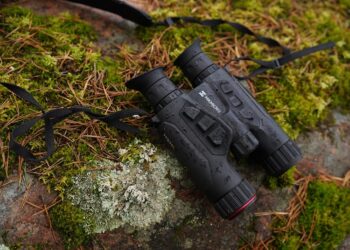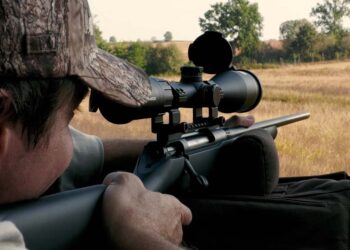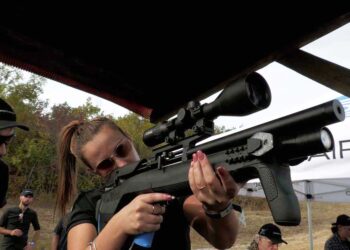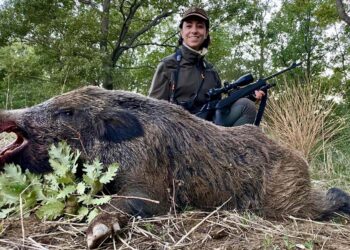As many as 250 thousand specimens
After the historic green light also given to farmers and breeders who own the funds to cull wild boars, even in protected natural areas the selective controllers will be able to intervene to stem the plague of wild boars which have reached 250 thousand specimens which dominate the city and countryside, putting safety at risk of people, cause road accidents with deaths and injuries, devastate crops and are dangerous spreaders of diseases such as wild boar plague. This is what he says Coldiretti Puglia, in relation to Presidential Resolution 21/2023, which opens, within the Alta Murgia National Park, integrating wild boar capture techniques, already possible in the Park area (manhole covers, fences, coral, etc.), also to the selective sampling method, i.e. it allows the use of selective controllers, in the territories of competence, in order to significantly contribute to the achievement of the expected annual depopulation objective in relation to the risk of further spread of ASF.
Protected natural areas
“We have urgently requested in recent months that the measures adopted for the containment of wild boars be fully implemented within the Protected Natural Areas, but also that the Puglia Region immediately implement the “Extraordinary Plan for the Management and containment of wild fauna" also within protected natural areas, in order to no longer grant "safe spaces" to wild boars who, today, use said areas as "dormitories and breeding areas", given that feeding is guaranteed from agricultural production just outside the boundaries of the Parks", says Pietro Piccioni, director of Coldiretti Puglia. With Puglia invaded by 250 wild animals there is not only the wild boar plague, but there is an alarm - adds Coldiretti Puglia - for the safety of people in the countryside and cities with herds that push into urban centres, among parked cars , prams with children and elderly people going shopping, with the areas of the Murgia of Bari and Taranto, of the Gargano and of the Dauno sub-Apennines having become the Eldorado of wild boars.
Ever closer to the town
The packs of wild boars – underlines Coldiretti – are moving ever closer to homes and schools, even to parks, destroying crops, attacking animals, besieging stables, causing road accidents with deaths and injuries and scratching around in the waste with obvious risks for Health. The situation has become unsustainable in the city and in the countryside with incalculable economic damage to agricultural production but - underlines Coldiretti - the environmental balance of vast territorial ecosystems in areas of naturalistic value is also compromised with the loss of both animal and plant biodiversity. This is - highlights the regional Coldiretti - only the tip of the iceberg because many do not report, discouraged by the bureaucratic delays and the conditions imposed by the insurance companies such as, for example, in addition to the traces on the car and on the asphalt, also the discovery of the animal carcass with which we encountered. According to the Coldiretti/Ixè survey, wildlife represents a problem for the vast majority of citizens (90%) considering that in the last year an accident occurred every 41 hours with 13 victims and 261 serious injuries due to the invasion of wild boars and wild animals that no longer stop at anything, according to Coldiretti's analysis of Asaps data.
Agricultural production at risk
In Puglia the damage caused by wildlife is enormous, with wild boars destroying crops and attacking humans and farmed animals - reports Coldiretti Puglia - as well as wolves and wild dogs, starlings eliminate the production of olives and destroy pitches, hares literally devour entire vegetable fields, cormorants eat fish in aquaculture plants, with damage amounting to over 16 million euros. Farmers are fencing farms at their own expense at considerable cost to defend themselves from wild boars that destroy structures and production. This is an unsustainable situation – insists the regional Coldiretti – which is causing the abandonment of internal areas, with social, economic and environmental problems. When asked who should solve the problem, over half of the citizens (53%) are of the opinion that it is up to the Regions, while for 25% it is the Government's task and 22% is up to the Municipalities. In this scenario, the European Food Safety Authority (EFSA) has also launched an appeal to the states of the European Union asking for extraordinary measures to prevent wild boars from accessing food and reduce the number of animals to limit the risk of spreading the disease. African swine fever (PSA) which affects animals but not humans. The majority of citizens consider the excessive presence of wild animals a real national emergency which affects the safety of people as well as the economy and work, especially in the most disadvantaged areas, concludes Coldiretti in underlining the need for targeted and on a large scale to reduce the threat of wild boars at a national level (source: Coldiretti Puglia).










